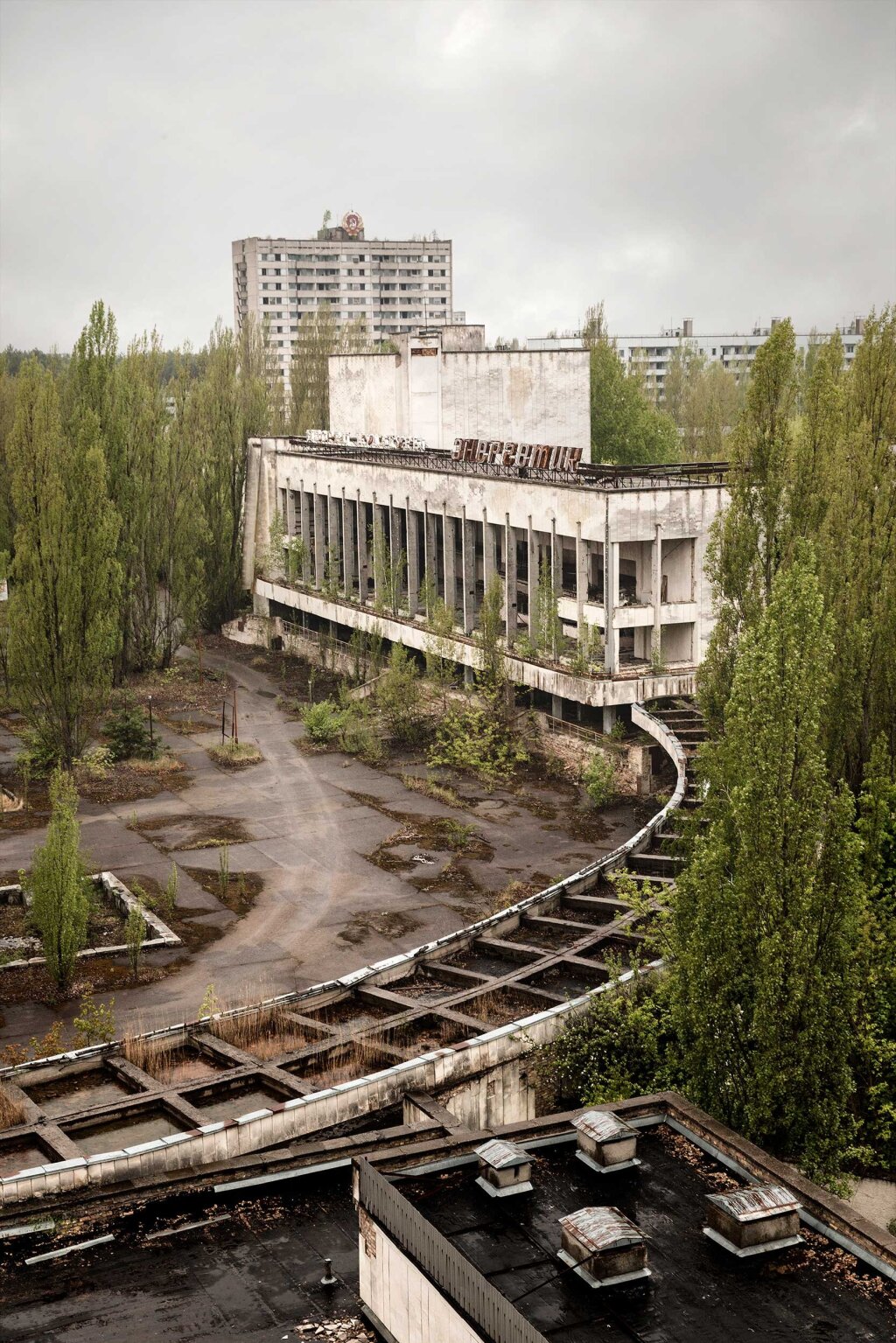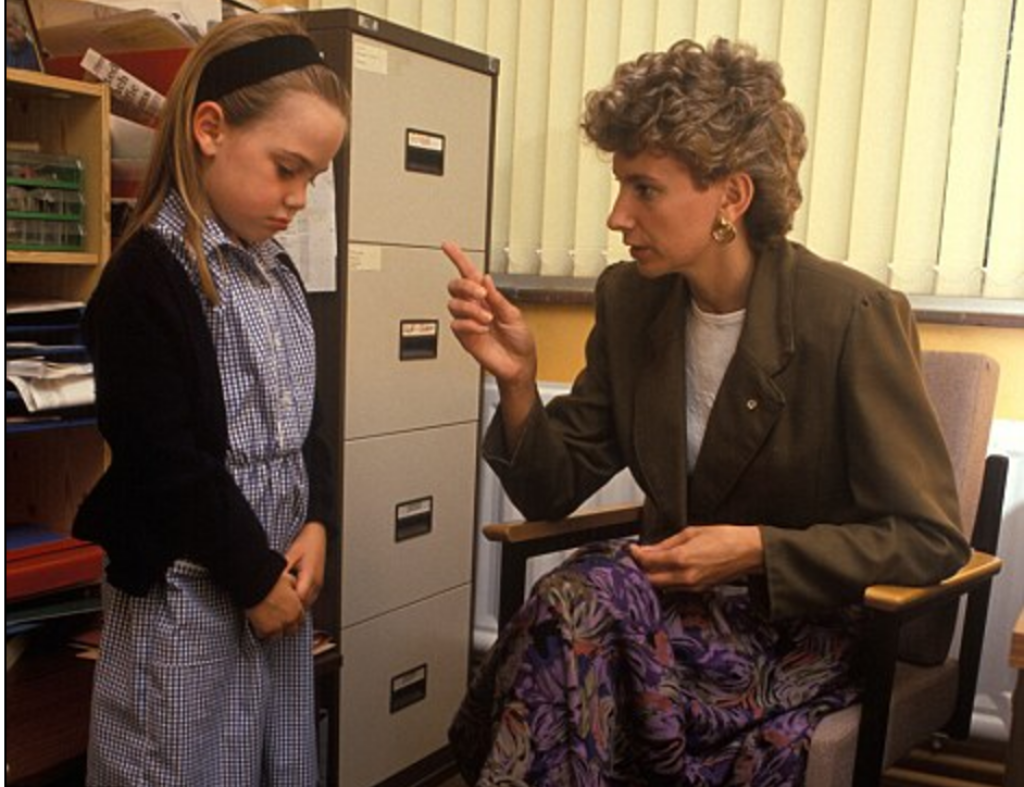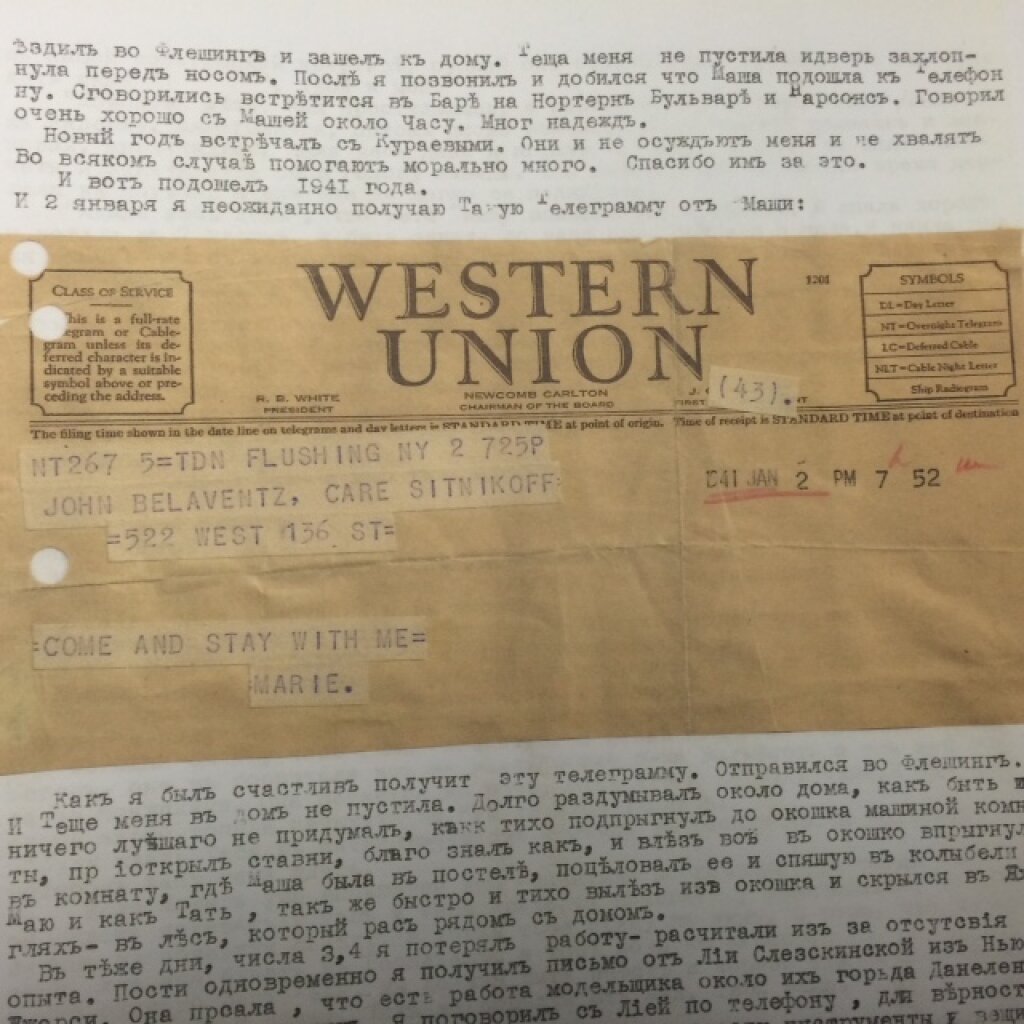Grace Kennan Warnecke is the former Chairman of the Board of the National Committee on American Foreign Policy and author of the memoir Daughter of the Cold War.
Everything is different now.
Walking the streets amid a cascading crescendo of noise from the people, traffic and businesses that call Manhattan home, I used to encounter all sorts of surprises — neighbors, of course, or an unexpected old friend, occasionally the glimpse a celebrity. Now, quarantined on an island off the coast of New England, the only sounds I hear are the crows cawing. I watch wild turkeys crossing the back yard, and see a rare walker, bundled in hat, scarf and gloves, striding rather grimly down the street. The silence is ringing in my ear. I am alone, a castaway from the City.
The human touch has gone. No hugs, handshakes, or kisses. God, I miss a rub on my back, a warm hug. A few days ago, however, I saw my first daffodils and a yellow forsythia blooming, reminders that time is passing. I spend the days rereading Barbara Tuchman and Geraldine Brooks.
I have lived more than eight decades, and in many countries, so friends occasionally phone and ask, “Have you ever experienced anything like this?” Yes, I answer.
In a haunting way, I’m reminded of my visit to the town of Pripyat in the Chernobyl Exclusion Zone. It was 2001, 15 years after the explosion. I was living and working in Ukraine and had heard so much about Chernobyl that I wanted to see it for myself. Along with three other foreigners, I received a special permit to go there; we were met and escorted everywhere by an official with a Geiger counter. What struck me most was the absence of sound. Never have I been to a quieter place, I wrote at the time. No birds, no traffic, none of the industrial hums and screeches that we are accustomed to.
A second impression was how intangible radiation is. Like a virus, you do not smell it, see it, or intentionally touch it. You think it’s nowhere, until suddenly you realize it’s everywhere. We stood on a road near the center of the exclusion zone where the Geiger counter was silent, while two feet away from the road the radiation level was 1,000 times higher.
We also stopped to visit a Pripyat apartment house whose residents were told they had 30 minutes to pack one suitcase and bring it to a line of buses. What they weren’t told was that they would never return. I looked around the empty apartments, unmade beds, half-finished letters and clothes abandoned on a chair. The apartments had been untouched for 15 years.
Today, too, lives have been frozen in time. Instead of being told to evacuate, we are instructed to isolate. We don’t know when we will return to our previous way of living and or who will be missing when we do.
For months and even years in the wake of the Chernobyl disaster, millions of Europeans lived in fear and uncertainty. In Ukraine there was anger at the Soviet political leaders, who dissembled and covered up the mounting health hazards, especially sending thousands of children to march outdoors in May Day parades instead of telling them to stay at home. The reactor melt-down left a lasting mark on the Ukrainian psyche. To this day no-one knows for sure how many Soviet citizens perished from the eventual effects of radiation, just as no-one will ever know for sure how many people have died from the novel coronavirus.
The heroes, then and now, are the first responders — medical personnel, fire fighters, soldiers, and countless other essential workers, some of them volunteers, but many others just doing their jobs and bearing the brunt of the risks to spare the rest of society.
Comparing Chernobyl and the current pandemic, I feel that the virus unites more than divides. As I sit in isolation with the world frozen, I relate to people suffering everywhere. Reading Barbara Tuchman’s A Distant Mirror about plague in the faraway fourteenth century, I’m struck by how the distant past seems so close.



